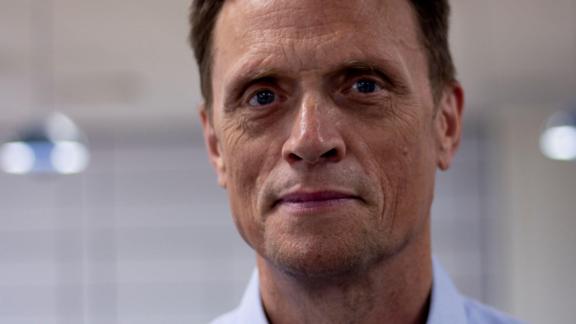Conservative Party general election manifesto 2024: NHS Confederation analysis
Key pledges
Recruit 92,000 more nurses and 28,000 more doctors in the NHS than in 2023 by the end of the next Parliament.
Boost training places for dentists and other dental care professionals by 40 per cent.
Expand Pharmacy First, including for menopause support, contraception and treatment for chest infections, freeing up 20 million GP appointments a year.
Build or modernise 250 GP surgeries, focused on areas of new housing growth.
Build 50 more Community Diagnostic Centres, including in underserved areas, resulting in an additional 2.5 million checks a year.
Expand coverage of Mental Health Support Teams from 50 to 100 per cent of schools and colleges in England by 2030 including opening early support hubs for those aged 11-25 in every local community by 2030.
Increase the planned expansion of NHS Talking Therapies by 50 per cent, supporting people with anxiety, stress and depression.
Invest £3.4 billion in new technology to transform the NHS for staff and for patients.
Implement the Cass Review which made recommendations to NHS gender services for children and young people.

This briefing analyses the health and care pledges set out in Conservative party’s manifesto for the 2024 general election. The full manifesto can be accessed here: https://manifesto.conservatives.com/
Confed viewpoint
Much of the health and care content of the Conservative manifesto are things that have already been announced in the previous months, and we have welcomed many of them.
In our press response to the manifesto, we welcomed the Conservative proposals to bring more care services into the community. This is a key priority for our members, but we have cautioned that capacity in services in the community needs more attention, with pharmacy is also experiencing the same staffing and estate issues as general practice, where further consideration is needed on how best to address that capacity crunch. As we know from our own research, investing in primary and community care services delivers the greatest economic return and we would want to see the detail on investment..
In particular in social care, where further integration of services with health will be key to the future sustainability of the overall system and which faces on of the most severe crises, including vacancies at over 150,000.
We are concerned to see the party pledge to cover the cost of some of their pledges by cutting 5,500 NHS managers. We know that the NHS is comparatively undermanaged and that clinicians need to be freed up from admin tasks to undertake the delivery of care.
Our members accept that regulation of senior leaders across health and social care will enhance confidence in accountability for patient safety across all areas of leadership, but any regulatory process must be realistic and clear in their objectives as to the ultimate purpose of regulation.
The party’s proposal to invest more in mental health services is something we welcomed in our press response, as is its recommitment to rolling out mental health support teams and expanding coverage to 100 per cent of all schools and colleges including opening early support hubs for those aged 11-25 in every local community in England by 2030.
On employment and health support, our ICS (Integrated Care Systems) members are involved in the WorkWell programme with a number selected as so-called vanguard sites to offer more intensive support.
With more people living with more complex healthcare needs, we have been calling on the next government to deliver a strategy for national health that shifts the focus from simply treating illness to promoting health and wellbeing, reducing inequalities, and tackling the wider determinants of health. The commitment to the publication and implementation of the Major Conditions Strategy is welcome as a first step.
It’s good to hear the Prime Minister himself pledge to provide the NHS a real-terms funding rise every year if he forms the next government as revenue funding remained largely flat this year. However, Nuffield Trust analysis notes that increases detailed in the manifesto amount to real terms increases of just 0.9 per cent - spend per head frozen when adjusted for an ageing and growing population.
A further key question will be whether this commitment is dependent on the health service achieving productivity targets, and whether further measures will be introduced to help services to improve it. The capital investment set out in the manifesto is welcome, however the funding falls short of the extra £6.4 billion increase we are calling for to repair crumbling estates and replace out-of-date equipment. Our members have made it clear that more capital is the key requirement for boosting NHS productivity.
More generally on funding, questions have been raised about how the year-on-year real-terms funding rise will be paid for given the pledge that by April 2027, the Conservatives would take another 2p off National Insurance.



